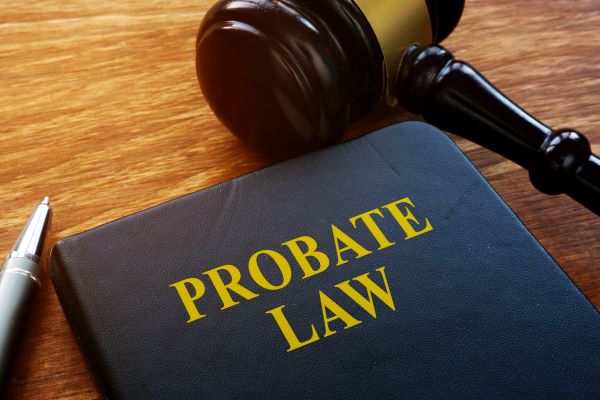
People of All Ages Benefit from Estate Planning
You do not currently have a featured image set for this post. To set your featured image, click on the circular Meta View button and set your image in the box on the bottom right.
It’s a commonly held belief for people who are in their
20s and 30s that estate planning can wait until they are older—or at least until
they have children.
However, people of all ages stand to benefit from cohesive estate planning. For younger people, it tends to be a much less complicated process, and so there’s little need to put it off.
Regardless of your age or parental status, below are a few estate planning matters you should address sooner rather than later:
Create a will
Even if you don’t have many assets to your name right now, you likely have at least a couple you care about. Your will allows you to leave your possessions behind to any heirs of your choice, even if they’re not related to you. Without a will, any assets or wealth you leave behind will be distributed according to intestate succession laws, meaning if you do not have children, your parents and siblings will likely inherit everything.
Writing a will is relatively quick and easy, and is one of the most inexpensive processes associated with estate planning. You can even do it by yourself if you do not own any particularly valuable assets, though the assistance of an attorney is always advised if you want to make sure you are covering all your bases.
Provide your wishes for healthcare-related matters
Every single adult should have advance directives and durable power of attorney for healthcare outlined in their estate plan, regardless of age and health.
Advance directives are the documents that allow you to clearly define your wishes for end-of-life care. This document can go into as much detail as you wish. Some people simply choose to state they want to do everything possible to relief pain, but do not want to have any extraordinary measures used to save their lives. Others might provide an overview of specific circumstances in which they do or do not want these life-saving measures.
Durable power of attorney for healthcare gives another trusted person the power to make healthcare decisions on your behalf, so long as they follow the wishes expressed in your advance directives, and make other medical decisions. This person acts as soon as you are unable to make medical decisions on your own. It can be a trusted relative, friend or attorney.
While it is not as likely younger people will require these documents, they are useful in accident scenarios to ensure your wishes are clearly stated.
Consider your beneficiaries
Certain accounts you have allow you to list beneficiaries. Retirement accounts, for example, can continue to pay out to your chosen beneficiary after your passing. Simply submit the name of your chosen beneficiary to the company that manages the account—there is no attorney required to do so. You can always change the beneficiary later.
To learn more about the benefits of estate planning (regardless of your age), meet with a skilled Ohio estate planning attorney at Seif & McNamee, LLC.



